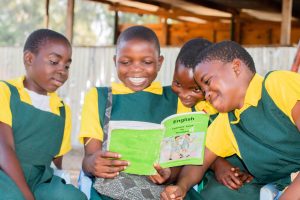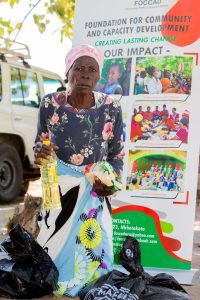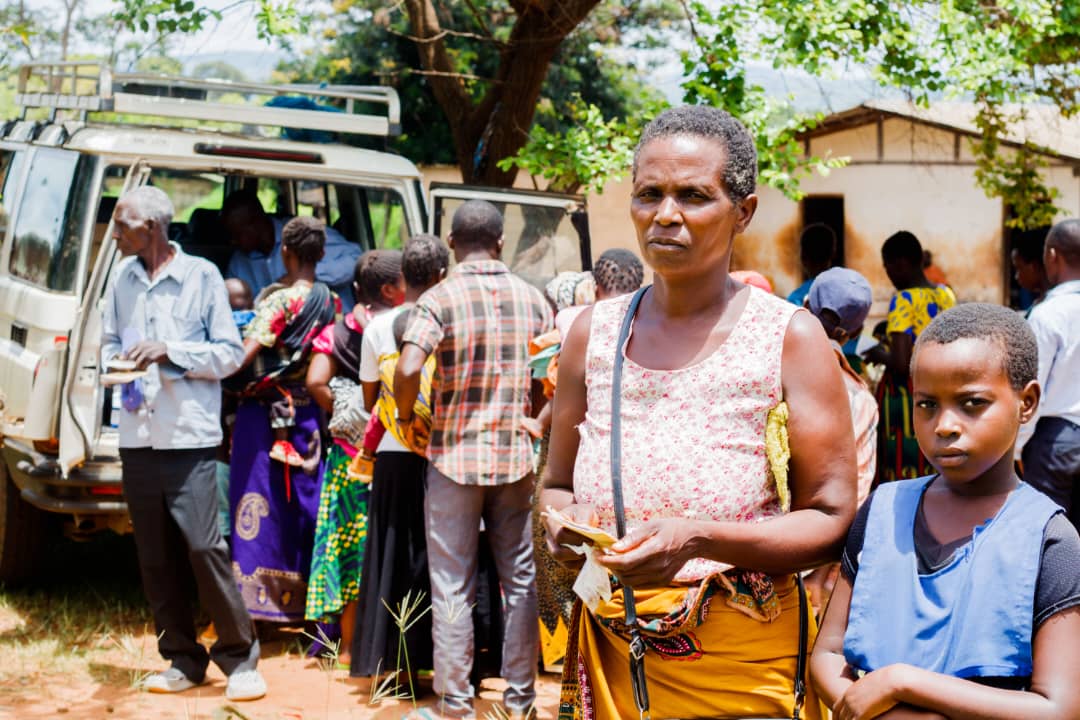A Story of Change: Transforming Lives

Meet Lina, a 13-year-old girl whose life has been transformed by FOCCAD’s Children’s Corner. Before joining the program, Lina struggled with her studies and often went to bed hungry. Her family, grappling with financial difficulties, couldn’t provide the support she needed to thrive.
Lina’s journey changed dramatically when she started attending the Children’s Corner. She quickly fell in love with the reading sessions, and with the help of patient and caring volunteers, she learned to read fluently within months. Her newfound literacy skills ignited a passion for learning, and she began excelling in all her subjects.
The nutritious meals provided by the program had a visible impact on Lina’s health and energy levels. She became more active and engaged, both in the classroom and on the playground. The psychosocial support offered at the Children’s Corner helped Lina build confidence and develop coping strategies for the challenges she faced at home.
Lina’s story is not unique. Every weekend, hundreds of children like her experience the transformative power of FOCCAD’s Children’s Corner. They leave the program not only with improved academic skills and better health but also with a sense of hope and possibility for their future.


 This program aimed to provide skills and opportunities to young people like me in our community. I embraced this opportunity with all my heart, gaining valuable knowledge and skills that empowered me to change my life. As a beneficiary of project, I received training that opened up new possibilities for me. I discovered a passion for creating and crafting, which brought me immense joy. The skills I acquired allowed me to start making products that not only showcased my abilities but also provided a means of livelihood.
This program aimed to provide skills and opportunities to young people like me in our community. I embraced this opportunity with all my heart, gaining valuable knowledge and skills that empowered me to change my life. As a beneficiary of project, I received training that opened up new possibilities for me. I discovered a passion for creating and crafting, which brought me immense joy. The skills I acquired allowed me to start making products that not only showcased my abilities but also provided a means of livelihood.











 The results were nothing short of remarkable. Matilda’s maize and rice fields flourished under the application of her homemade manure, exhibiting vigorous growth, increased productivity, and enhanced resilience to drought.
The results were nothing short of remarkable. Matilda’s maize and rice fields flourished under the application of her homemade manure, exhibiting vigorous growth, increased productivity, and enhanced resilience to drought.
